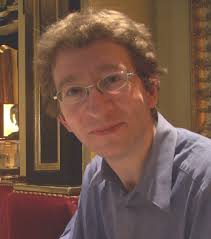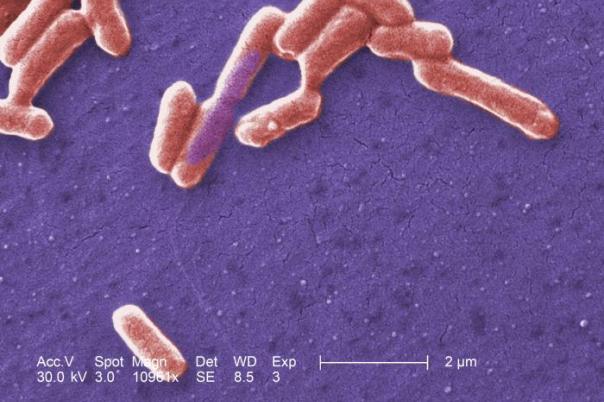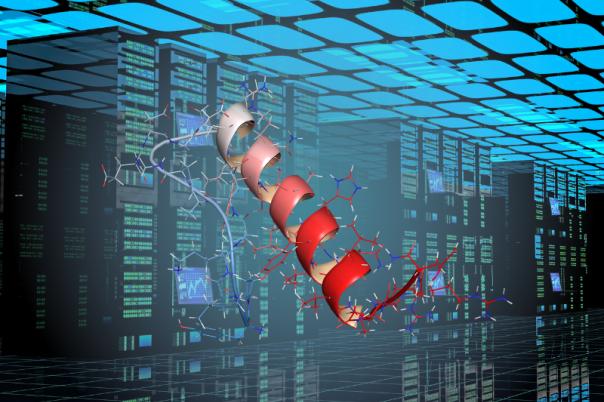Mark Howarth is a professor at the University of Cambridge in the department of pharmacology and a co-founder of SpyBiotech. Howarth’s company is currently investigating improving protein interactions using peptide superglues which can be applied to vaccine development, cell therapy, and cancer targeting.
This presentation begins by highlighting the fundamentals of how immune responses are initiated. Small proteins spread around the body without causing strong immune responses, whereas virus-like particles are more likely to be taken up by dendritic cells and interact with B cells, driving potent immune responses.
Therefore, more companies are turning to virus-like particles for their vaccine development. As well as driving potent immune responses, virus-like particle technology is cost-effective, easy to manufacture in large quantities, has a high safety margin, and can induce strong antibody responses.
However, the practicalities of building virus-like particles for certain specific antigens can be challenging. Going down the genetic fusion path to do this can lead to frustrating complications. For example, challenges in self-assembly, post-translational modifications, and protein conformational states, which can slow down the development process.
Furthermore, the chemical methods of for assembling proteins often run into their own problems. They can lead to heterogeneous products and less potent antibody responses, with additional complexity in scaling up production.
This is where the SpyTag/SpyCatcher system comes in. The system is derived from Streptococcus pyogenes, and offers a genetically encoded, irreversible linkage through an amide bond, enabling efficient assembly of virus-like particles with high yield and rapid reaction.
Howarth demonstrated how they have applied this technology to various targets, including malaria, CMV, and HER2, and is being pushed into clinical trials for malaria and other diseases. The SpyTag/SpyCatcher system can be used to create vaccines that induce broad immune responses, potentially protecting against multiple virus strains, including future pandemic threats.
Finally, Howarth also advocates for proactive vaccination strategies, leveraging knowledge of viral sequences to preform vaccine candidates before new pandemic threats emerge.






